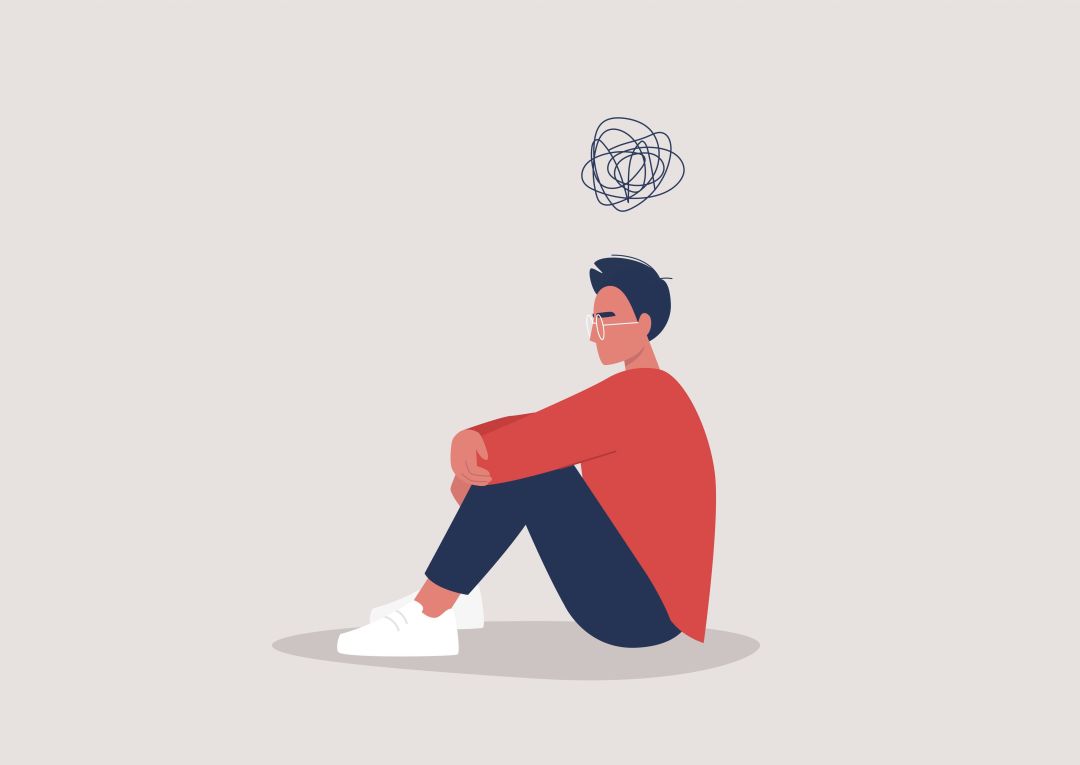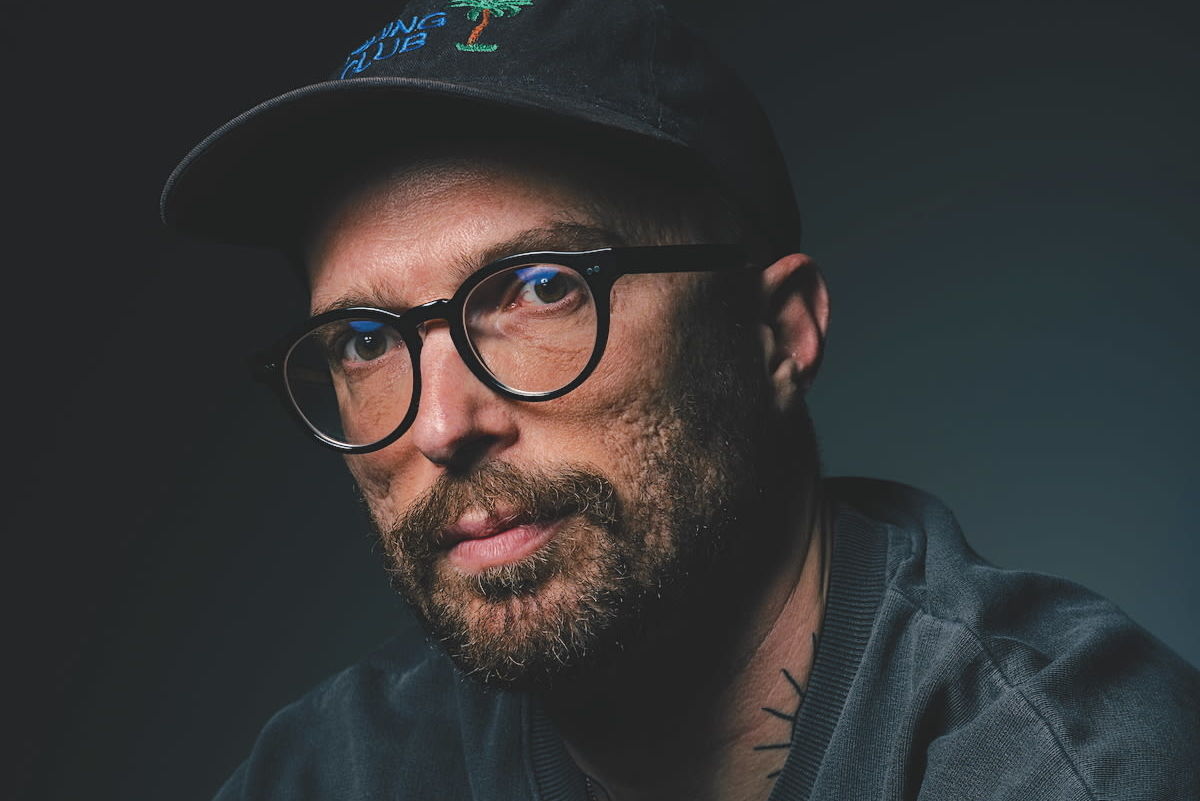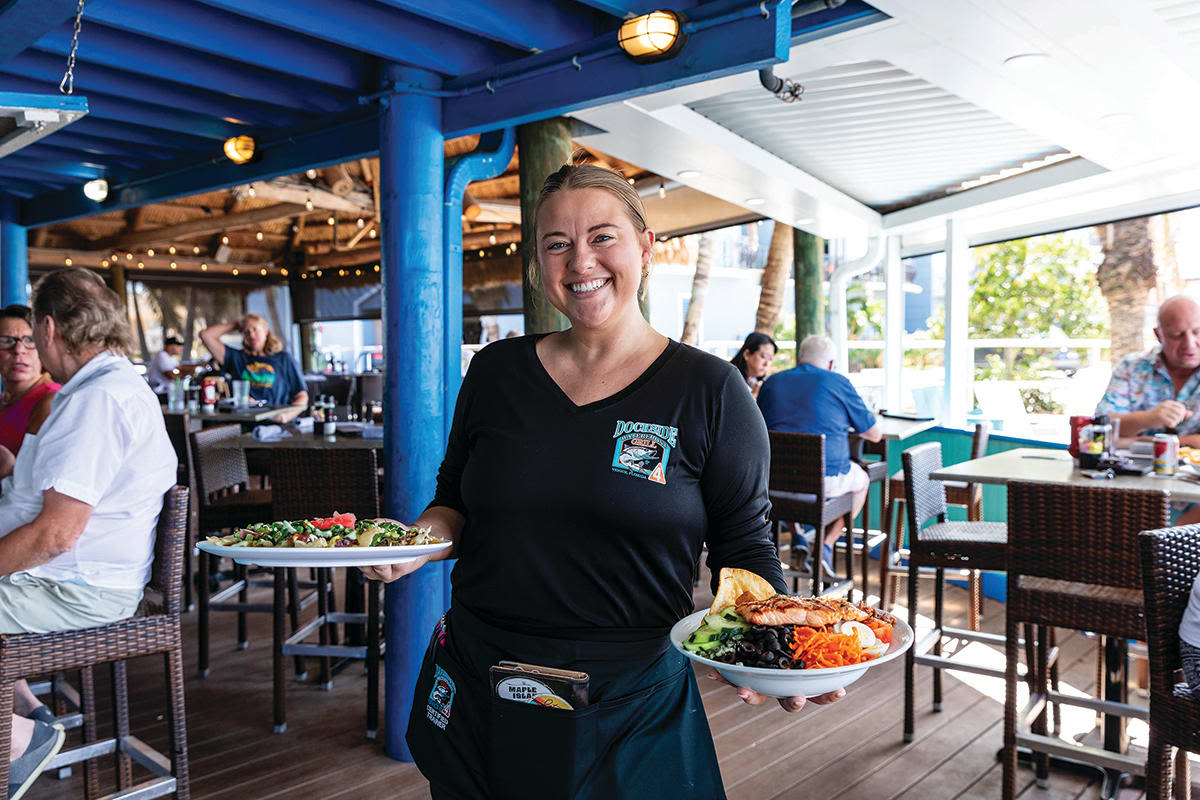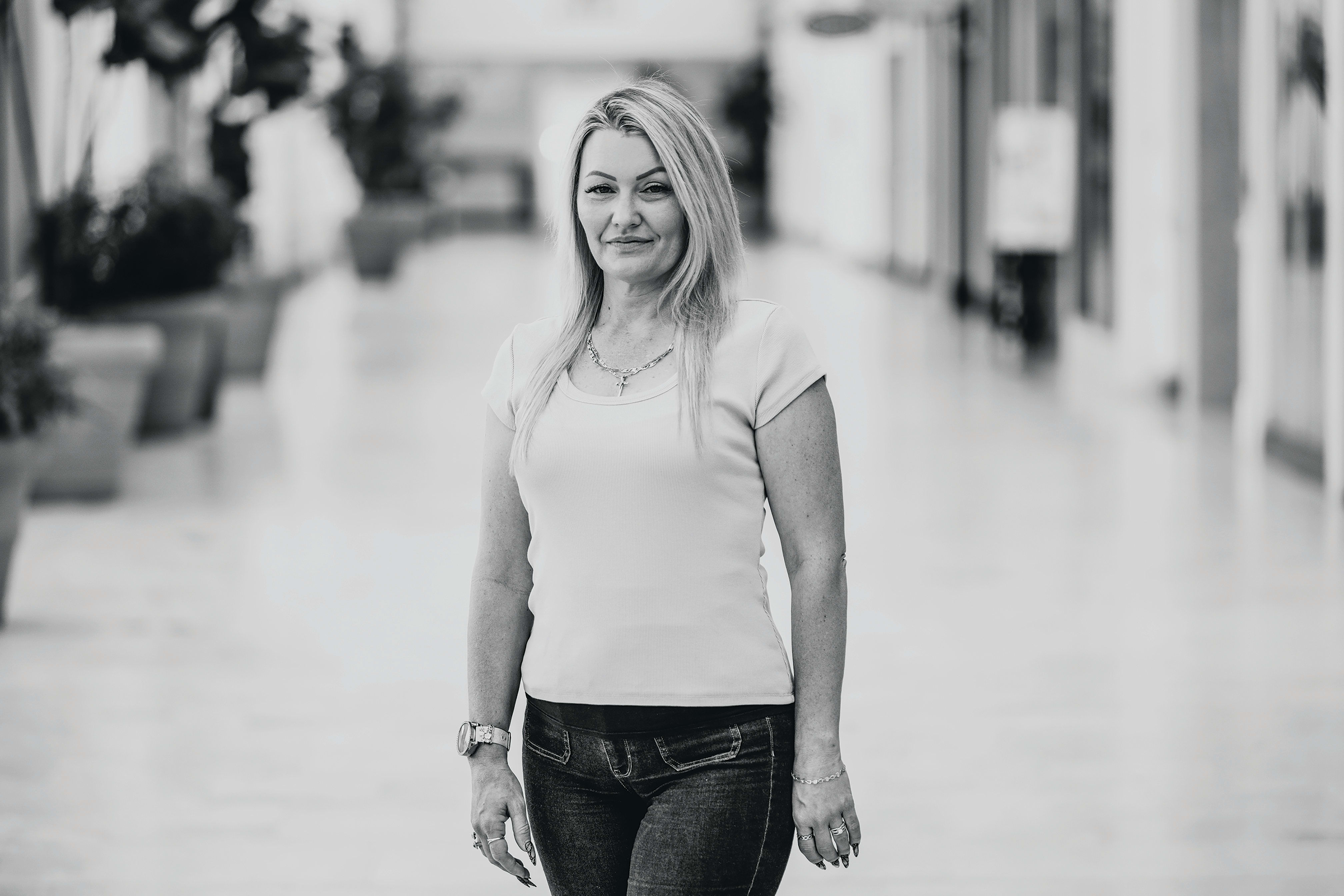Thanks to Covid, We're Talking About Our Mental Health More

Last fall, my anxiety spiked, and I reached out to a therapist for help for the first time in my life. Would I have told you that if it had happened in 2019? No way. But Covid-19 has radically changed my understanding of mental health, and made me, and many others, more willing than ever to discuss it.
The change is being led by young people. Taylor Walker, the program coordinator for the local chapter of the National Alliance on Mental Illness, says students in middle and high schools are much more vocal about mental health challenges they’re facing than previous generations. Walker credits schools for the change.
“Schools have been better at explaining to students that mental health issues do exist, and they would rather students talk about it than for a tragedy to happen,” says Walker.
Kimberly Treharne, the chief operating officer for The Florida Center for Early Childhood, agrees that young people are more willing to discuss their struggles.
“Younger people are always pushing more openness with big topics, and mental health is one of those things,” says Treharne. “They communicate so rapidly online, whether it’s through texting or social media. They’re always sharing and communicating, and if they’re able to share how they’re feeling with somebody, they’re going to find support. It feels like mental health issues are much more normalized with adolescents.”
It’s not just young people, though. Robert Bakst is a Sarasota psychotherapist and psychoanalyst who works with many adult couples. His office is still receiving more calls than it did pre-pandemic.
“I think people are quicker to pick up the phone and ask for help,” says Bakst.



